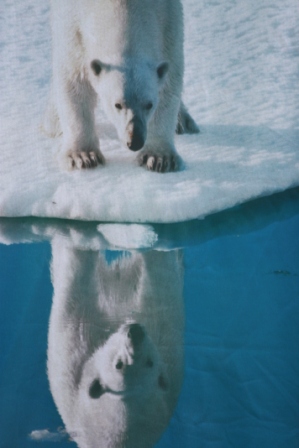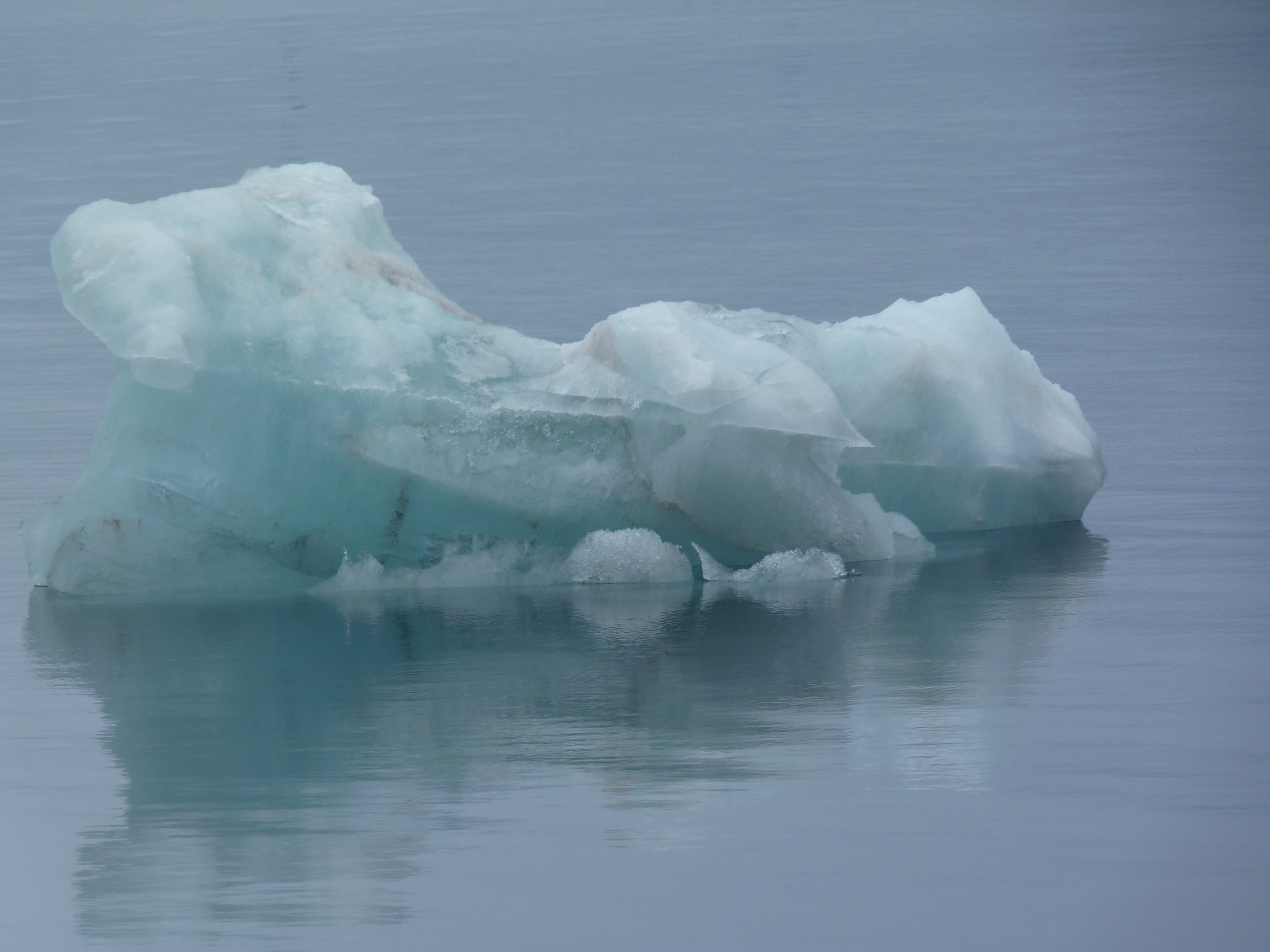No ban on bear trade
The debate over whether the trade in polar bear fur and other body parts should be banned has to have been one of the most confusing conservation and climate issues in the headlines over the last week. The meeting of the Convention on International Trade in Endangered Species (CITES) in Bangkok has rejected calls for a ban.
The trouble is that conservationists were divided on the issue. There is widespread agreement that the polar bear population is at risk from habitat loss because of the melting Arctic sea ice, on which it hunts and feeds. The question up for debate at the CITES meeting, though, was whether international trade also puts the bears at risk of extinction. The USA was proposing the ban, arguing that the polar bear population could decline by two-thirds by 2050.
“The continued harvest of polar bears to supply the commercial international trade is not sustainable”, said Dan Ashe, head of the US delegation. Canada, which has the largest portion of the polar bear population, was against the ban. Canada is also the only country that exports polar bear parts. The country says it needs to preserve the traditions of the Inuit. Clearly, protecting the heritage and traditions of the Inuit or other indigenous peoples is an important issue in our globalised age, where minorities struggle to hold on to their identities. But that argument can be used as an excuse for other activities. Is it justifiable to hunt an animal under threat to sell its fur at a huge profit on the international market? I cannot accept the argument some people put forward that a trade ban would detract attention from the real problem of climate change. Sure, climate change is the biggest threat. That means we have to cut emissions – but don’t we also have to do everything we can to reduce pressure on endangered species in the meantime? My colleague Damian Carrington from the Guardian does not mince words here. “Politics trumps precaution every time” is the heading of one of his blog posts from Bangkok.
The issue is not an easy one. The EU abstained from the vote because of opposition from Denmark, as bears are hunted by the Inuit population of Greenland, which still belongs to Denmark. Germany, the UK, the Netherlands and Belgium were in favour of the ban. Russia was with the USA in calling for a ban to protect its bears from poaching. WWF, normally upfront on bear protection, was opposed to the ban.
Whatever the arguments behind the rejection of the ban – it certainly won’t help the iconic species that has come to symbolise the threat to the Arctic. The only positive thing to come out of this is that world attention has been focussed on polar bears and on climate change in the Arctic – and indirectly on the political and economic interests that make some players less keen than others to do something about it.
Polar bear update: “wildlife” or politics?
The Arctic Institute publishes a weekly newsletter “The Arctic this Week” and, not surprisingly, our white furry Arctic residents feature prominently again this time. As the authors, Tom Fries and Kevin Casey point out, they have slipped from the “wildlife” category into the “politics” category, with the debate going on at the CITES meeting. The newsletter went out before the start of the meeting, but it has links to some very interesting background articles on the issue. I recommend a look at their website.
Some ice blog followers drew my attention to links in yesterday’s post which were not working properly. Apologies for any technical hitches. Here are the polar bear links, mine and some of those Tom and Kevin drew my attention to.
Statement by the IUCN polar bear specialists’ group
Polar Bear Politics in the Economist
WWF Tromsö Polar Bear Workshop
Is enough being done to protect polar bears? (International Polar Foundation)
Polar bears to retain “threatened” listing – in Alaska Dispatch
USA, Europe and Russia team up to help bears – in New York Times
Suggestions for further reading welcome!
WWF: human-bear conflict increasing
Hungry polar bears under pressure from climate change are increasingly coming into conflict with people in some regions, said experts at a WWF Workshop in Tromso, Norway, this week. The meeting called on governments to work together to finance and implement ways to keep both bears and people safe.
30 experts from different Arctic regions agreed the polar bear range states – Canada, Norway, Greenland, Russia and the United States – should cooperate to fund, monitor and share conflict reduction measures.
WWF polar bear lead Geoff York said “As sea ice habitat continues to decline, more bears will spend longer periods of time onshore and human activities are also projected to increase in the area, setting the stage for trouble in the years ahead”.
There is a “Range States polar bear conflict working group”. It was also present at the workshop and said it will be presenting a new data tracking system and draft conflict plan at the next meeting of the “Polar Bear Range States” meeting which will be held in Moscow in the autumn.
WWF has designated 2013 as the Year of the Polar Bear and is calling on the countries involved to make firm commitments at the meeting.
So how do you reduce conflict, when bears are hungry and humans in close proximity to areas where they hunt for food? The workshop participants shared ideas including polar bear patrols to help keep bears away from communities, safe storage and disposal of food and rubbish, education on safety measures, deterrents from bear spray to fences and dealing with “problem bears”.
The Ice Blog recently drew attention to a successful project in Canada, which has reduced conflict between bears and locals.
Polar bears are also on the agenda at the CITES meeting in Bangkok at the moment, running until March 14th. The USA is trying to get the bear switched to Appendix I of the convention, which would ban trade in all but “exceptional” circumstances.
This is a different aspect of “polar-bear conflict” and difficult because of traditional hunting practices in some areas. The Economist has an interesting summary in Polar Bear Politics.























Feedback